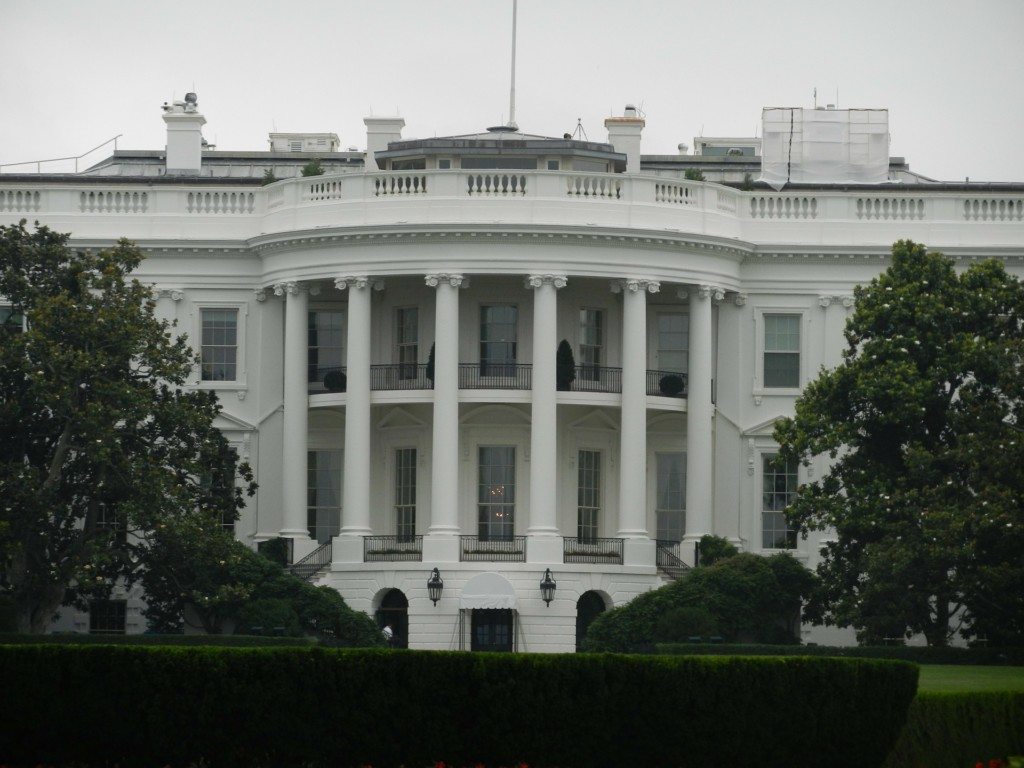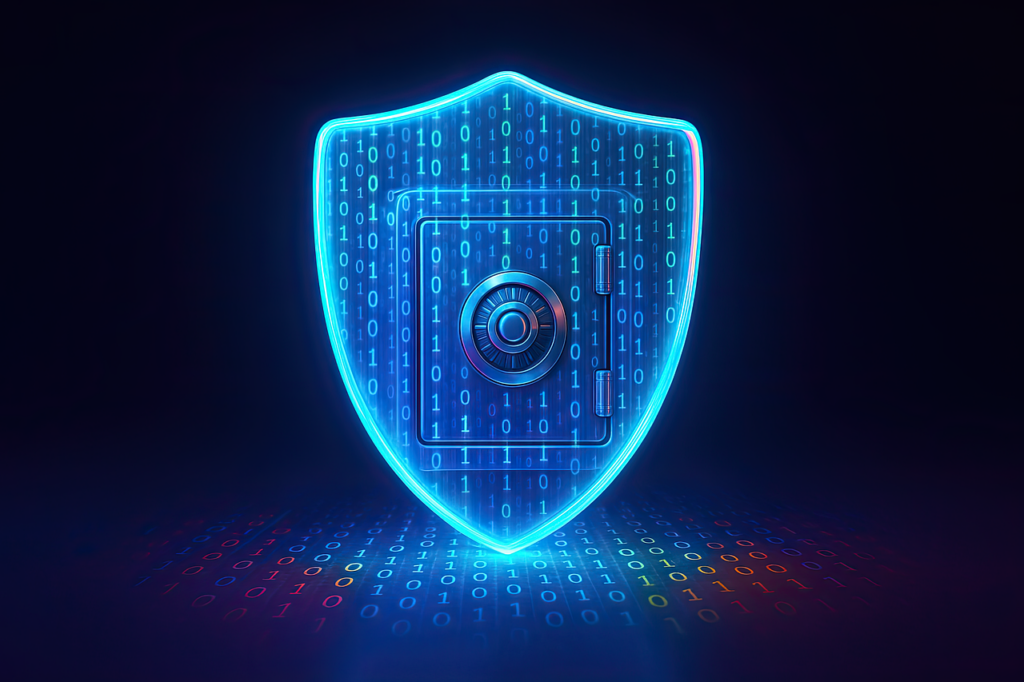This has been a crazy election cycle so far–and that is putting it mildly. Cybersecurity was already a major concern for the country in general, but somehow it has also become a focus of the campaigns and candidates themselves. I reached out to some cybersecurity experts to explore the issues on the table and get some feedback regarding which candidate might be best from a cybersecurity perspective.
We have less than 90 days to go until Election Day 2016. Citizens across the United States will go to the polls to choose between Hillary Clinton and Donald Trump—or possibly one of the alternative candidates, Gary Johnson, Jill Stein, or Evan McMullin. There is a lot at stake in any general election, but this one feels more important than most—especially as it relates to cybersecurity.
Security itself is certainly not new—I’ve worked in computer and network security for years. In May of 2013, however, a lot changed. The revelations of the NSA leaks from Edward Snowden shook the foundations of computer security and the mechanics of data intelligence. It seems there are corporate, government, and military data breaches on a regular basis. We have entered into a sort of Cold War of cyber espionage, and the stakes and consequences continue to escalate.
One thing that makes this election stand out is the fact that data was hacked from the Democratic National Committee servers and leaked in what seems to be an attempt to influence the election itself. Signs seem to point to Russia as the source of the attack—which would be insidious on an unprecedented level, but accurate attribution in cyber attacks is challenging. Even if it was just an average geopolitical “hacktivist” trying to be a nuisance, the fallout has repercussions that damage the very concept of our election process.
On top of the DNC hack, we also have the ongoing controversy of the personal email server used by Hillary Clinton while she was Secretary of State. There are 30,000-ish emails that were deleted by Clinton or her staff, and the FBI determined that there was classified information exposed in at least a few of those emails—albeit improperly marked.
“Normally, we wouldn’t consider this an extraordinary event, given that there is a great deal of basic information of this type available through what are likely less critical information sources belonging to a large spectrum of Democratic Party organizations,” explains Steve Grobman, CTO for Intel Security. “In this case, however, it’s occurring within the context of the acknowledged DNC compromise and email disclosures, and subsequent acknowledged DCCC and Clinton Campaign compromises.
Grobman adds, “And while we shouldn’t speculate on who is behind this, or why, it’s clear that whoever is hopes to remain inside the heads of the DNC leadership, let alone the media’s headlines during a uniquely contentious presidential campaign season.”
See the full story on Forbes: The Cybersecurity Stakes Of Election 2016.
- Agentic AI and the Art of Asking Better Questions - December 23, 2025
- Building Security for a World That’s Already Changed - December 19, 2025
- Cybersecurity’s Quiet Revolution: What We’re Missing While Chasing the Hype - December 18, 2025




Comments are closed.